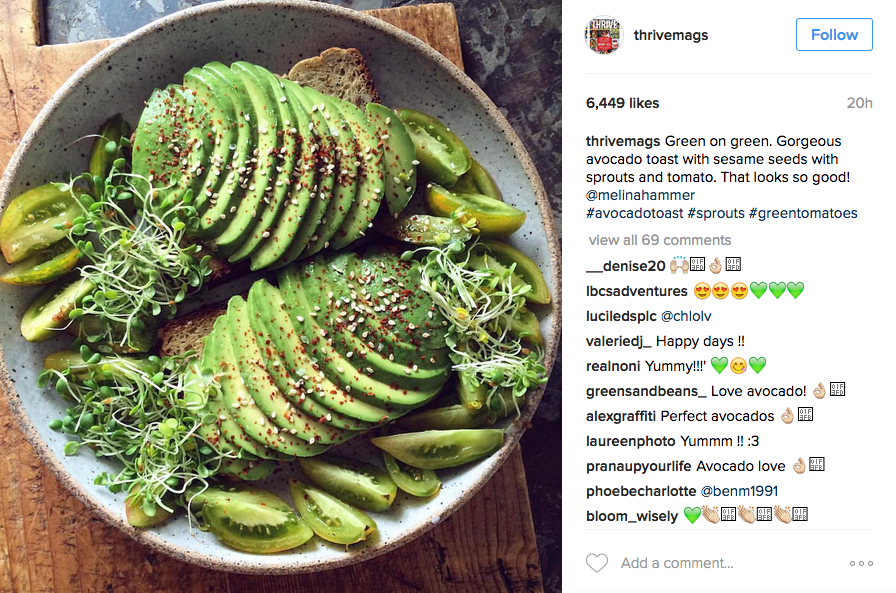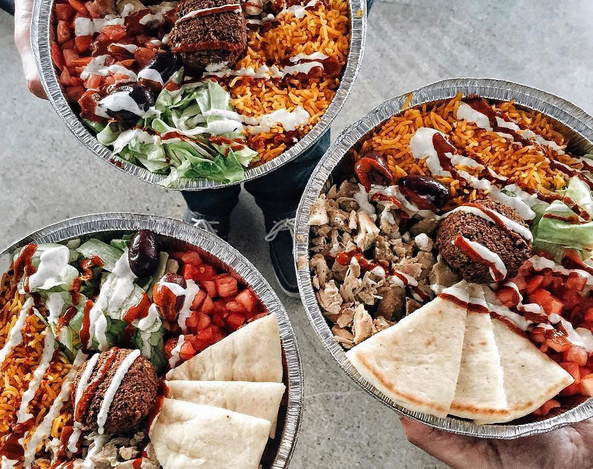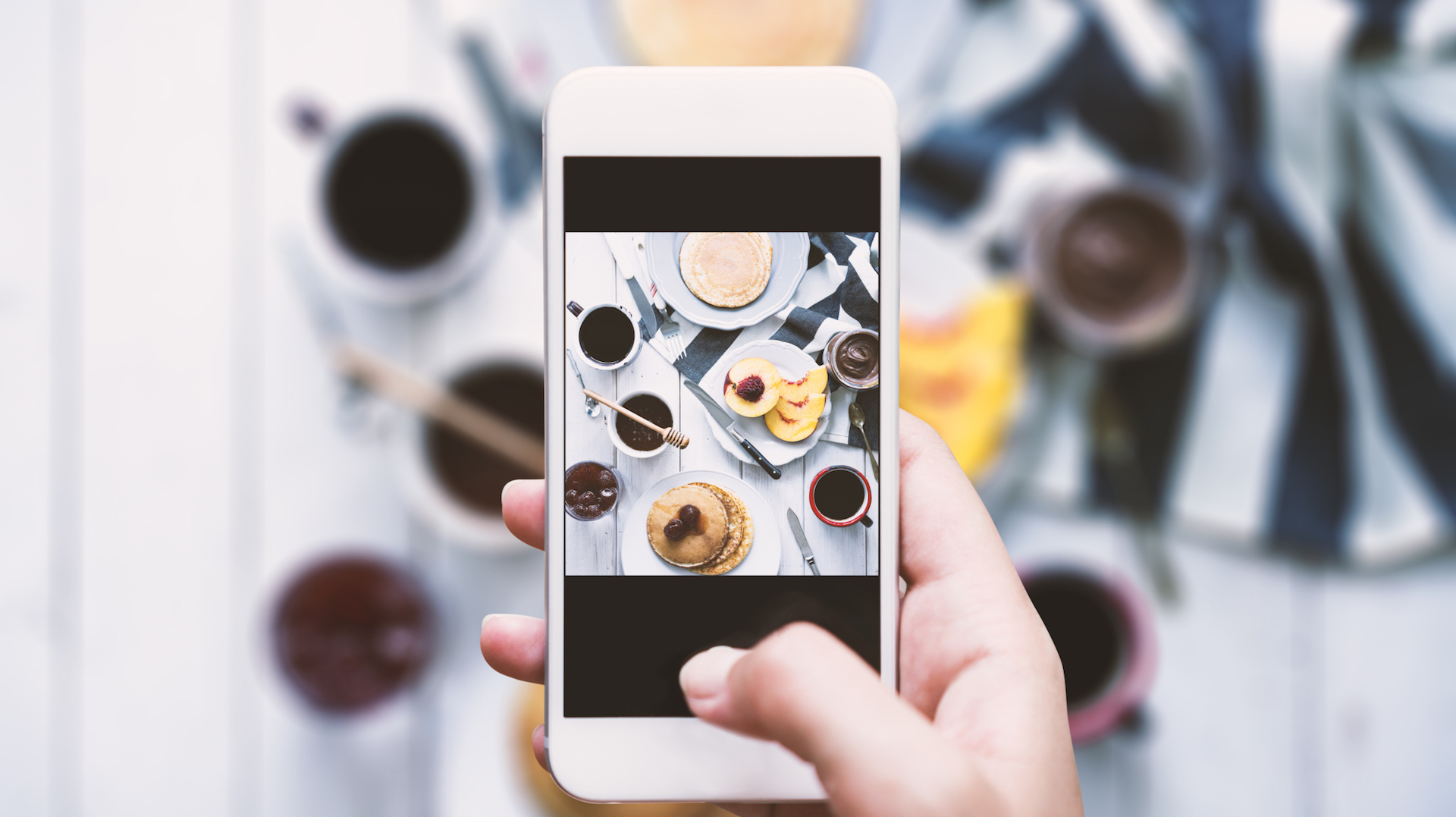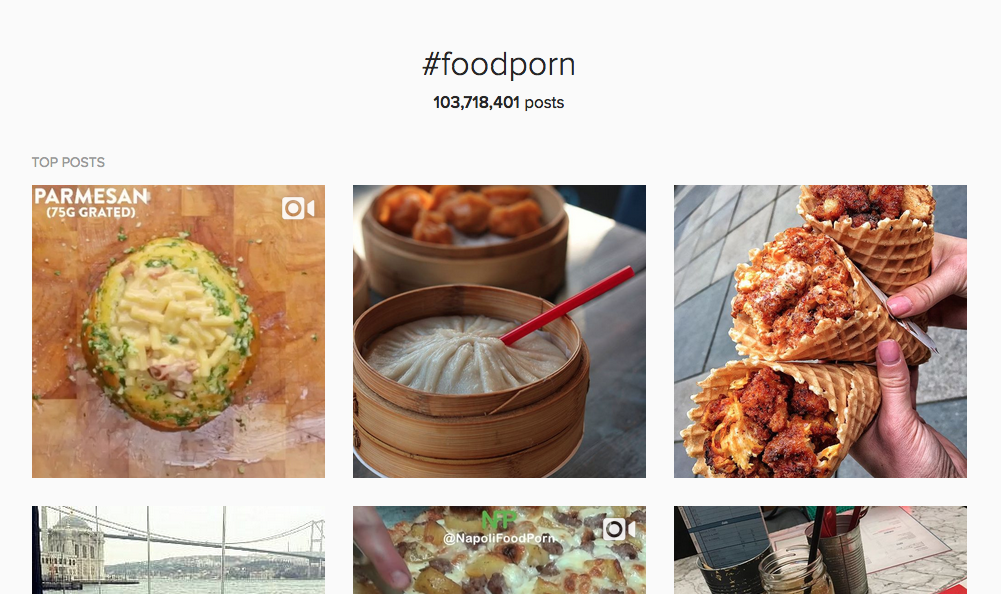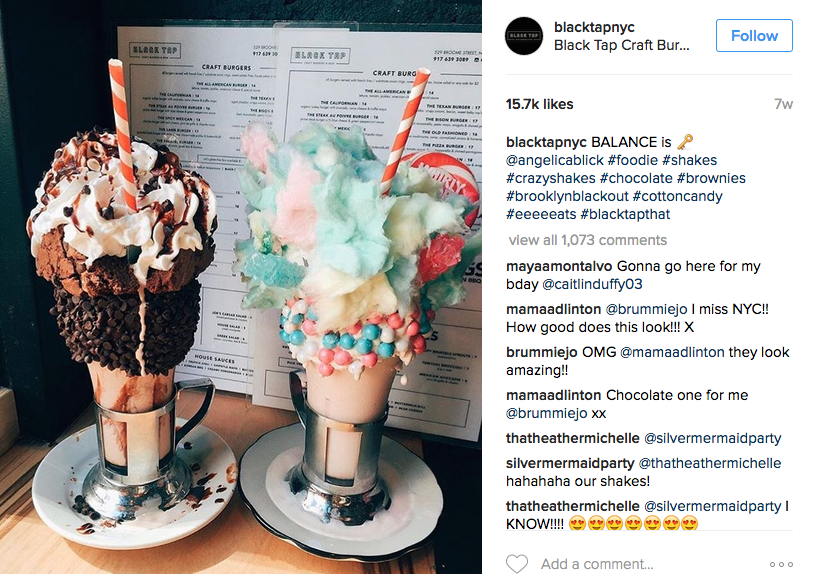Welcome to the Foodocracy
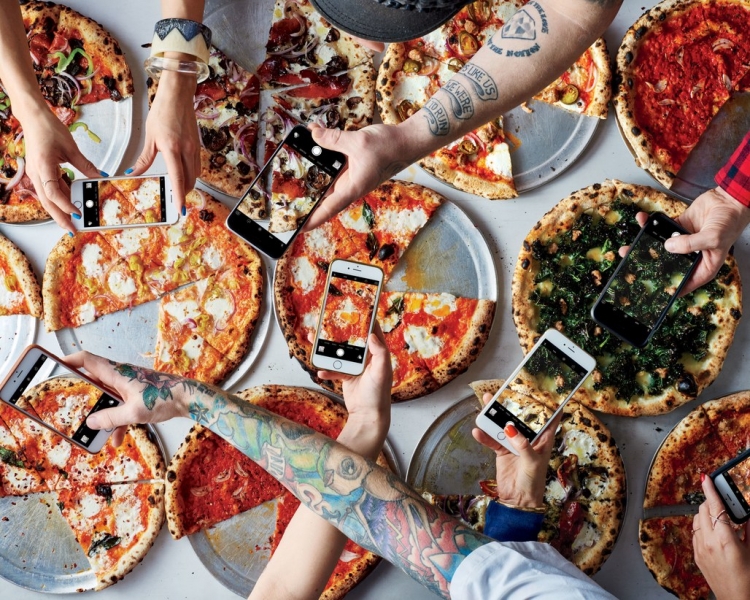
Food journalism is no longer for the professionally trained in ivory towers. When smartphones started upgrading their cameras to high-resolution and dual pixel, a new wave of consumers found themselves recording more and more of their daily lives — including what they were eating.
Today blogging no longer means investing in a thousand dollar DSLR camera or even paying for a blog page for that matter. Exercising your right to tell the virtual world about your food journeys is as easy as creating a WordPress profile or hashtagging your avocado toast as #foodporn on Instagram.
Foodie discourse now belongs to anyone holding a smart phone over their food. And there's nothing wrong with that. Welcome to the foodocracy.
Image Credit: Instagram @thrivemags
In the old days, being a credible food critic meant pledging yourself to the ethical guidelines of star ratings and serious anonymity. Refining your critiques for the annoyingly wealthy upper-class was a must, and trying food outside of white tablecloth dinners was an absolute no. Food was about fancy confit de canard and boring crème brulée. No one gave a shit about the NYC Halal Guys making falafel and gyro bowls out of their food truck or China's $1 stinky tofu. Good food meant you were wealthy enough afford it and, most importantly, had the impressive semantic repertoire to talk about it.
Image Credit: Instagram @thehalalguysidNow foodie amateurs are armed with smartphone cameras, social media, and free blog space that allow them to showcase everyday food that was previously considered third-rate, subpar, and unappealing. Homemade recipes posted online actually look homemade, allowing the authenticity trend to make its way into the food world.
Food bloggers have flipped the elite world of food journalism upside down and their unforeseen success is making food critics very uncomfortable. Respected food bloggers along with foodie amateurs now have the power to put restaurants on the map the same way newspaper reviews could in the past. Professional food critics are now left feeling forgotten and resentful in an era where rules and star-systems are seen as restrictive and out-dated.
Image Credit: www.sheknows.com
Longtime chef and food critic, Mark Vetri said in response to the growing emergence of foodie amateurs: "Real journalists have been forced to downgrade their standards, and are now in the business of giving younger readers their much-needed immediate buzz as opposed to producing more thoughtful — and thought-provoking –content. In the process of lowering their standards they have done irreparable harm to the once-elegant business of reviewing restaurants."
It's true that self-proclaimed food experts announce their presence for free food, and the cultish Yelp army exists mostly to denounce everything. But the fact remains that food journalism has made extraordinary progress in becoming more accessible and more relatable to the average consumer. Besides the small number of incredibly successful food bloggers, the foodie masses unknowingly form large virtual communities that produce valuable collective reviews.
Image Credit: Instagram #foodporn
Restaurants are now paying less and less attention to the anonymous food critic and more and more to the collective foodocracy. A chef or restaurant's online success is now measured by us, the consumers. One restaurant, Black Tap Burgers, received so much social media recognition for its photogenic milkshakes that they were reviewed on Buzzfeed with more than two million views and later featured on ABC's The Chew.
Image Credit: Instagram @blacktapnyc
While food journalism is moving away from high-class elite reviews and towards social media virality, the future of cuisine is going to be an exciting one to follow. When everything becomes democratic, creativity is at an all-time high.
Would we ever have created sushi burritos, monster milkshakes, and rainbow bagels under the prehistoric food journalism regime? I don't think so.

